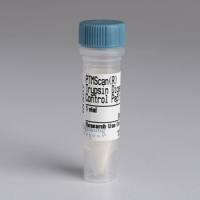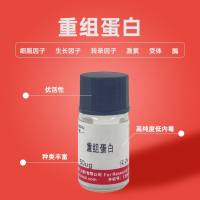Oxidative Damage in Huntington’s Disease
互联网
互联网
相关产品推荐

alkB/alkB蛋白Recombinant Escherichia coli Alpha-ketoglutarate-dependent dioxygenase AlkB (alkB)重组蛋白Alkylated DNA repair protein AlkB DNA oxidative demethylase AlkB蛋白
¥2328

DNA Damage Antibody Sampler Kit
¥500

ALKBH2/ALKBH2蛋白Recombinant Human DNA oxidative demethylase ALKBH2 (ALKBH2)重组蛋白Alkylated DNA repair protein alkB homolog 2 Alpha-ketoglutarate-dependent dioxygenase alkB homolog 2 Oxy DC1蛋白
¥1344

alkB/alkB蛋白Recombinant Caulobacter vibrioides Alpha-ketoglutarate-dependent dioxygenase AlkB homolog (alkB)重组蛋白DNA oxidative demethylase AlkB蛋白
¥2328

Recombinant Human DNA oxidative demethylase ALKBH2(ALKBH2)
¥1210
相关问答

